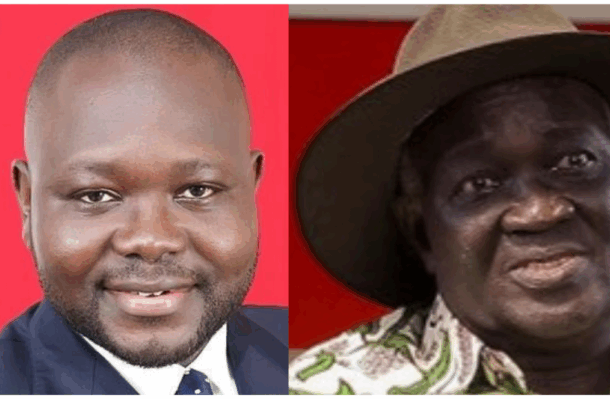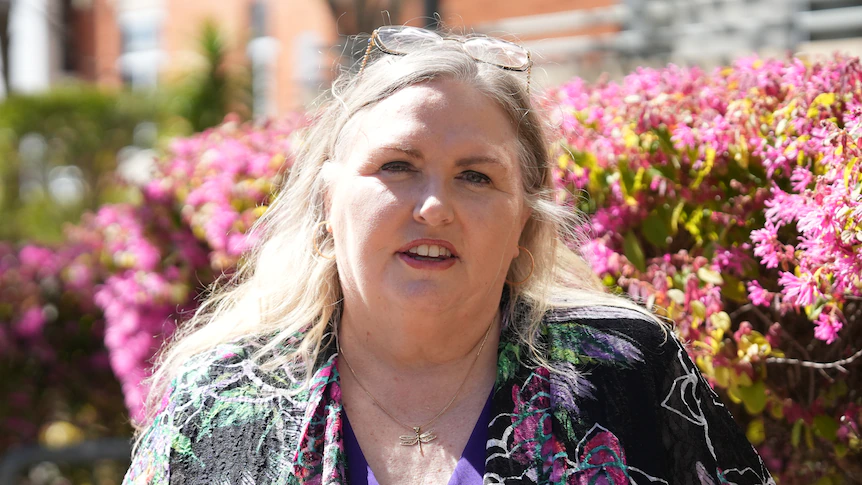By Nana Yaw Prekoh
Copyright ghanaguardian

The Minority in Parliament has strongly refuted recent claims by Prof. Kwamena Ahwoi, a former Minister for Local Government and respected academic, describing his remarks on Ghana’s decentralisation policy as inaccurate and politically skewed.
Prof. Ahwoi, a central figure in the country’s local governance reforms during the 1980s and 1990s, made the comments at a National Dialogue on Decentralisation and Responsive Governance held in Accra.
At the event, he questioned the necessity of creating additional districts and the six new regions introduced between 2018 and 2019, suggesting the policy amounted to an “overreach” since Ghana had managed with ten regions for over five decades.
Minority Defends Regional Creation Policy
Responding in a press statement issued on October 1, 2025, the Minority maintained that decentralisation was not merely about sustaining existing structures but rather about expanding governance to previously underserved areas.
They argued that the establishment of new regions and districts was a deliberate policy designed to bring government closer to the people and ensure equitable development across the country.
“The question was never about survival with ten regions,” the statement noted, “but about facilitating growth, inclusion, and accelerated development.”
Legal and Structural Justifications
On Prof. Ahwoi’s assertion that population thresholds had been ignored in the creation of Metropolitan, Municipal, and District Assemblies (MMDAs), the Minority countered that the New Patriotic Party (NPP) administration had strictly adhered to the Local Governance Act, 2016 (Act 936).
They stressed that every newly created assembly under their watch met the required population and economic viability criteria.
Furthermore, the statement emphasized that the new regions were not theoretical political experiments but tangible entities with full governance structures.
Regional Coordinating Councils have been established with departments for education, health, agriculture, and highways. Security agencies, including the police, immigration, fire service, and prisons, now operate permanent offices across the newly created regions.
Infrastructure Gains Under Akufo-Addo
The Minority highlighted that over 60 major projects were completed in record time under the Akufo-Addo administration following the creation of the new regions.
These included residential facilities for heads of public services, administrative complexes, and infrastructure for critical sectors.
According to them, these developments have significantly improved service delivery in areas that had long been deprived of central government attention.
Questioning the Dialogue’s Motives
The Minority also took issue with the framing of the programme where Prof. Ahwoi delivered his remarks.
They argued that, despite being presented as a neutral platform for discussing decentralisation, the event appeared politically driven, serving the agenda of the ruling party rather than fostering a balanced national conversation.
A Broader National Debate
Prof. Ahwoi, who played a key role in shaping Ghana’s decentralisation under the PNDC and NDC governments, has long argued for a more restrained and structured approach to regional and district creation.
His latest remarks reignite a longstanding debate over whether decentralisation has become overly politicised in Ghana.
The Minority, however, insists that the policy of creating new districts and regions should be seen as an “investment in inclusion and nation-building” rather than an excessive or partisan strategy.
“The decentralisation journey must be understood as a dynamic process aimed at deepening governance, empowering communities, and expanding opportunities for development,” the statement concluded.
The rebuttal was signed by Francis Asenso-Boakye, Ranking Member on the Committee on Local Government and Decentralisation.



